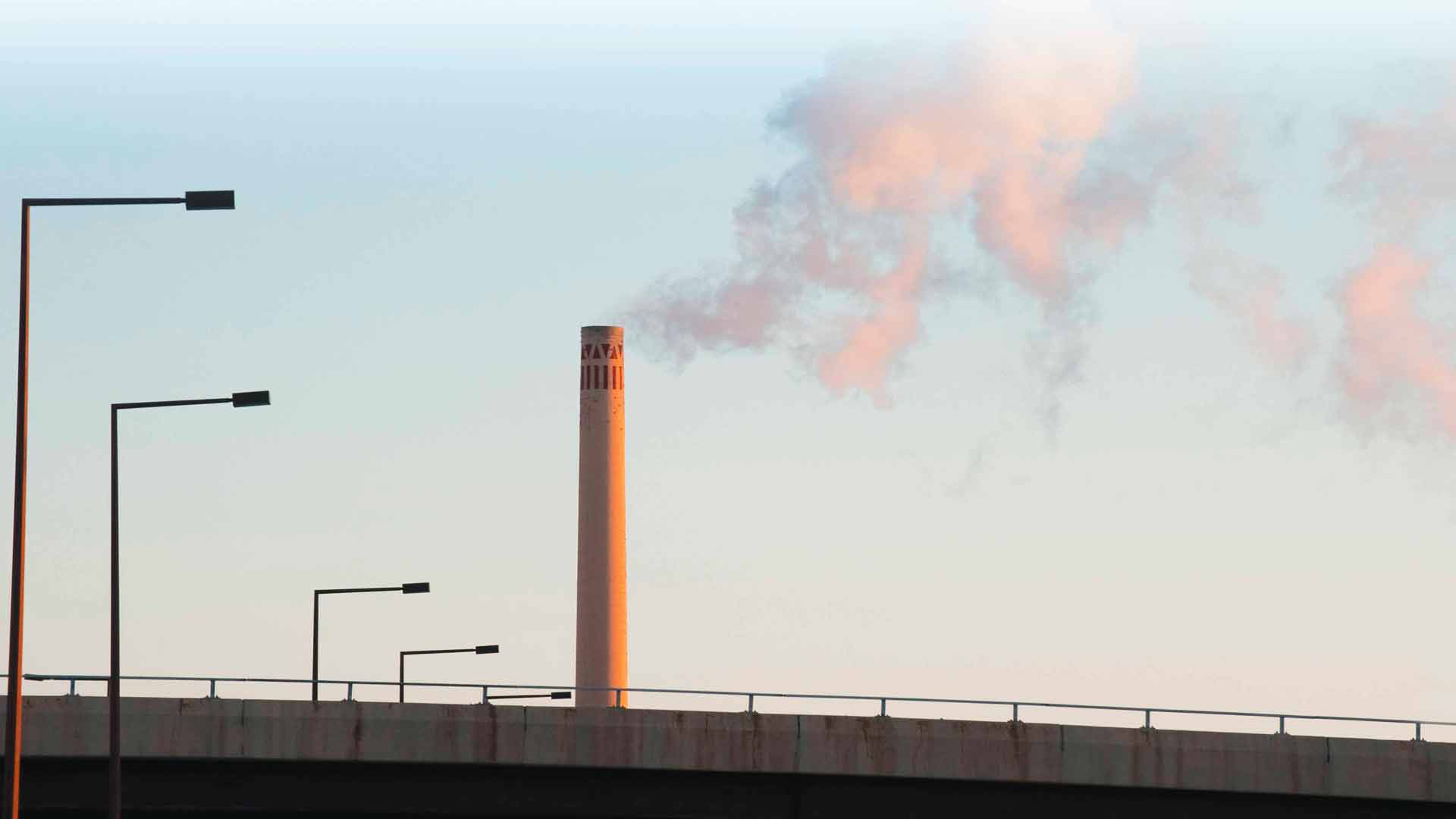Crookston, Minn. — Biomass and people have one thing in common; it’s what’s inside that counts.
A major challenge to producing biomass fuel is knowing what’s inside the feedstock that will leave through the smokestack. Without air-emissions test results, a biomass energy project can be detained or derailed.
“Those in charge of permitting don’t have enough data on ag-biomass emissions to know what would be coming out, and the industry can’t move forward because they don’t know what they’re up against in the permitting process,” says Randy Hilliard, AURI project director.
Hilliard is leading an AURI-sponsored project to identify the chemical composition of various non-woody biomass feedstocks such as grasses and crop residues. The goal is to develop a fact sheet or guide that will help estimate what the emissions will contain.
Results will provide better information for regulators, such as the Minnesota Pollution Control Agency, and businesses that want to develop biomass-powered operations.
AURI is collaborating on the project with MPCA, International Renewable Energy Technology Institute at MSU-Mankato, University of Minnesota and others.
Researchers are using data from an AURI fuels initiative, several European databases and actual emissions from existing biomass operations to produce a decision-making tool. If information doesn’t exist, test burns may be conducted to gather necessary data.
“We want to prove from a chemical-composition standpoint that there shouldn’t be any problems with emissions,” Hilliard says. “Creating a model based upon that composition should help predict what the emissions are going to be.”
Different combustion technologies can yield different air-emissions levels using the same feedstocks. What won’t change is the chemical composition of the biomass fuel.
Once the emissions information is compiled into a guide, it will be distributed to the energy industry and regulators.
“This is an issue that comes up frequently with clients, at the Renewable Energy Roundtable and elsewhere,” Hilliard adds. “It’s just another hurdle the industry is trying to clear.”
Hilliard expects the emissions project to be completed this fall.
